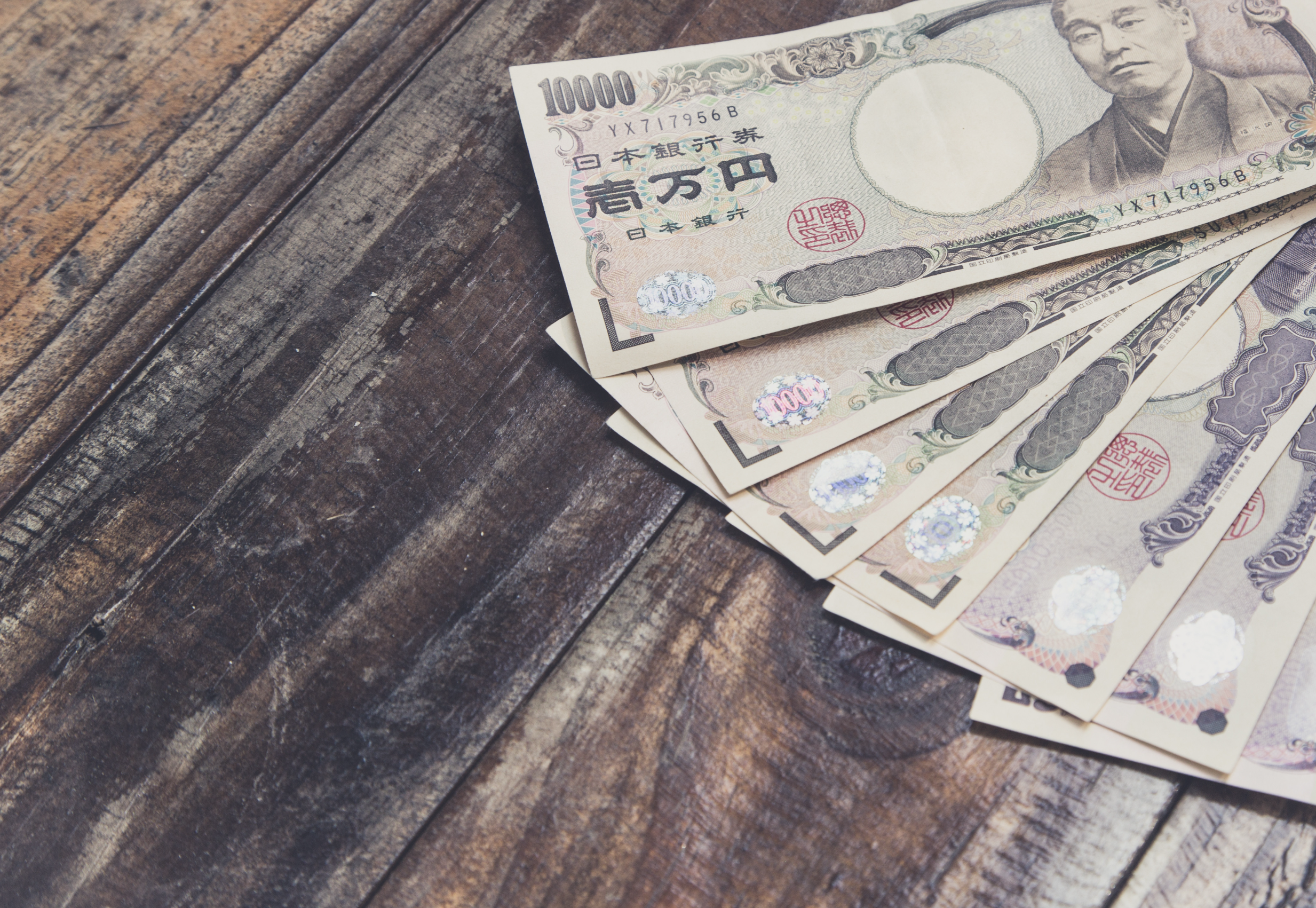Japan sees biggest wage hikes in decades
- Josephine Tan
- Topics: Compensation and Benefits, Home Page - News, Japan, News

Organisations in Japan have implemented the most significant wage increases in three decades, according to a report released by the nation’s largest union, Rengo. Driven by labour shortages and inflationary pressures on household income, employees’ monthly pay is set to rise by an average of 5.1% this fiscal year.
The shunto, or spring labour negotiations, has become a pivotal event for Japan’s economic recovery. Policymakers aim to bolster sustainable growth by increasing household income and spending, thereby offsetting the impact of rising living costs. While large organisations with over 300 union-backed employees raised wages by 5.19%, smaller organisations saw more modest increases at 4.45%.
The robust wage growth could contribute to ending deflation and bring the Bank of Japan (BOJ) closer to further interest rate hikes. Hiroshi Miyazaki, Senior Research Fellow at the Itochu Economic Research Institute, noted that as inflation stabilises, real wages may turn positive by mid-year, aligning with expectations of a central bank rate increase in September.
READ MORE: Organisations in Japan see biggest wage increase in three decades
In March, major organisations reported a 5.28% acceleration in pay raises—the highest since Japan’s economic bubble burst in the 1990s. The BOJ subsequently made a landmark decision to end negative interest rates and yield curve control policies. Now, attention shifts to whether wage hikes will extend to small and medium enterprises (SMEs), which employ approximately 70% of Japan’s workforce.
Akira Nidaira, a senior Rengo official, emphasised the need to enhance SMEs’ pricing competitiveness. These organisations face challenges with costs to clients, especially those at the lower end of the supply chain. Additionally, the government aims to stabilise prices and currency values to alleviate the strain on households caused by a weakened yen and higher import costs.
Prime Minister Fumio Kishida’s administration has pledged to raise the minimum hourly wage to 1,500 yen (US$9.27) by the mid-2030s, addressing the persistent wage gap and promoting economic resilience, reported Reuters.
For more news and analysis on the latest HR and workforce trends in Asia, subscribe to HRM Asia and be part of the region’s largest HR community!






